Career Development
Medical Education
Wellness and Well-being
Construct the Ultimate Coaching Program: From Blueprints to Build
-
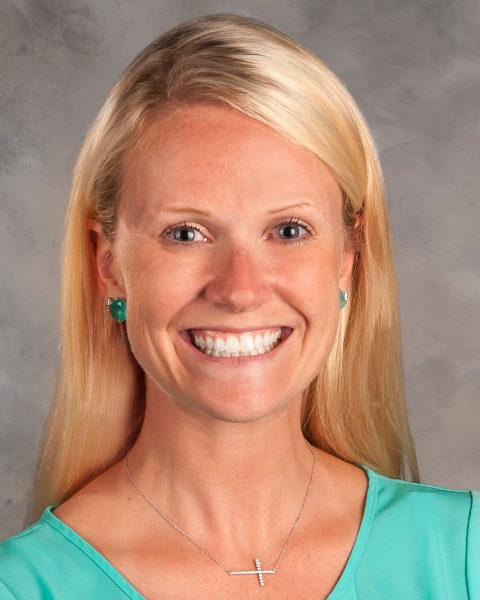
Taryn Hill, MD, MEd (she/her/hers)
Pediatric Hospitalist
General Pediatrics
Johns Hopkins All Children's Hospital
Saint Petersburg, Florida, United States -
MT
Matthew Thomas, MD (he/him/his)
Clinical Instructor
Pediatric Infectious Diseases
Johns Hopkins All Children's Hospital
St. Petersburg, Florida, United States -
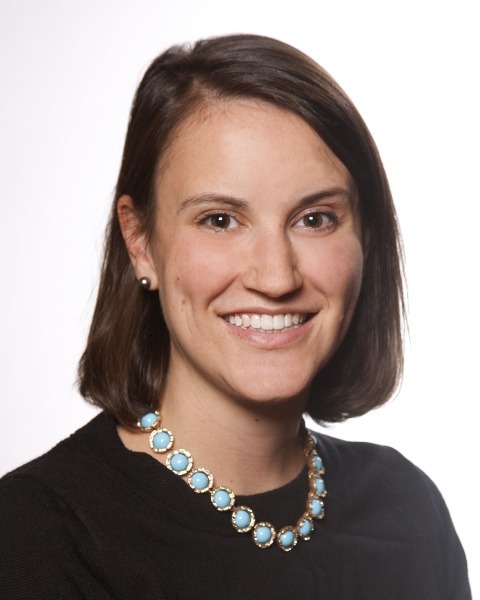
Alice Walz, MD (she/her/hers)
Assistant Professor of Pediatrics
MUSC Children's Hospital
Charleston, South Carolina, United States -
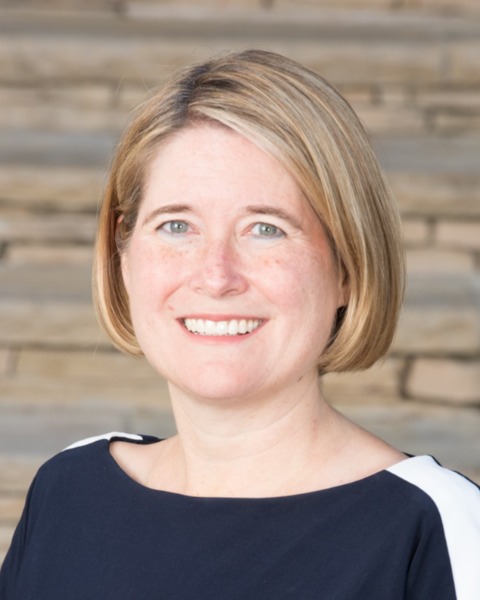
Rebecca Blankenburg, MD, MPH (she/her/hers)
Clinical Professor, Assistant Dean of GME, and Associate Chair of Education, Pediatrics
Pediatrics
Stanford University School of Medicine
Palo Alto, California, United States -
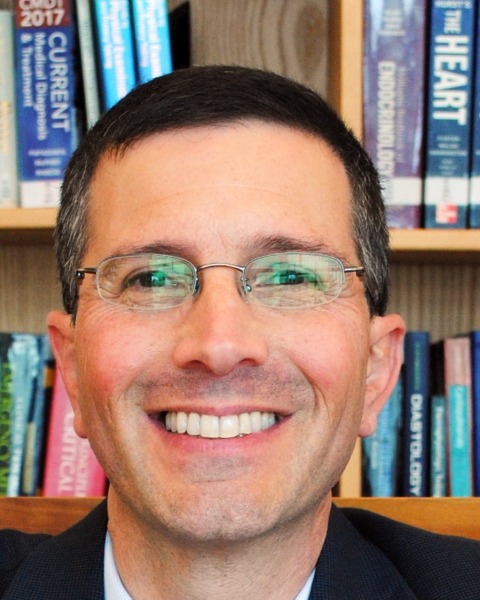
Michael Barone, MD, MPH (he/him/his)
Vice President, Competency based Assessment, NBME Adjunct Associate Professor
Johns Hopkins University SOM
Philadelphia, Pennsylvania, United States -
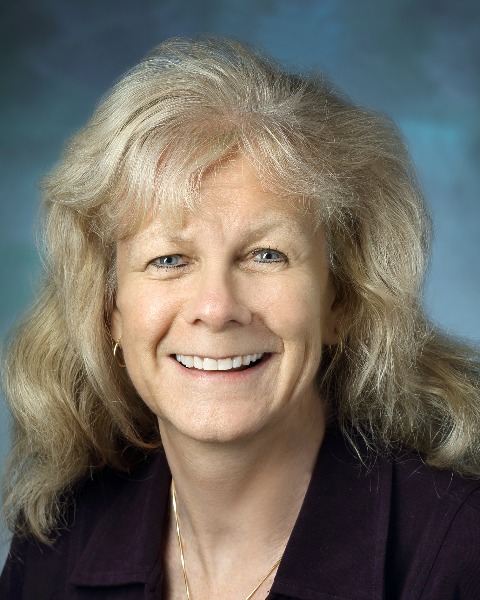
Janet Serwint, MD (she/her/hers)
Professor Emerita of Pediatrics
Pediatrics
Johns Hopkins University School of Medicine
Glen Arm, Maryland, United States -
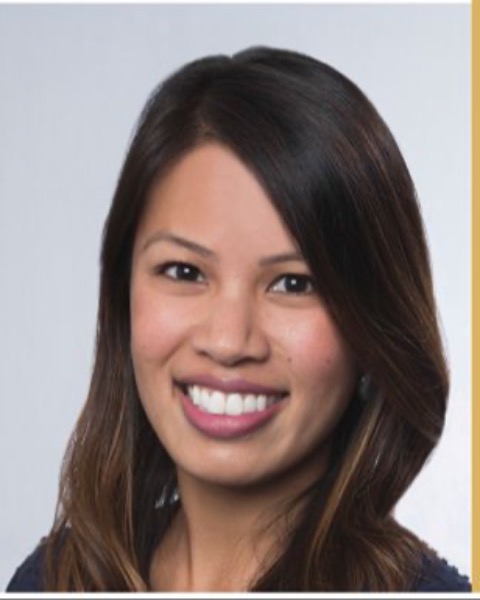
Kim Hoang, MD (she/her/hers)
Clinical Assistant Professor
Pediatrics
Stanford University School of Medicine
San Mateo, California, United States -
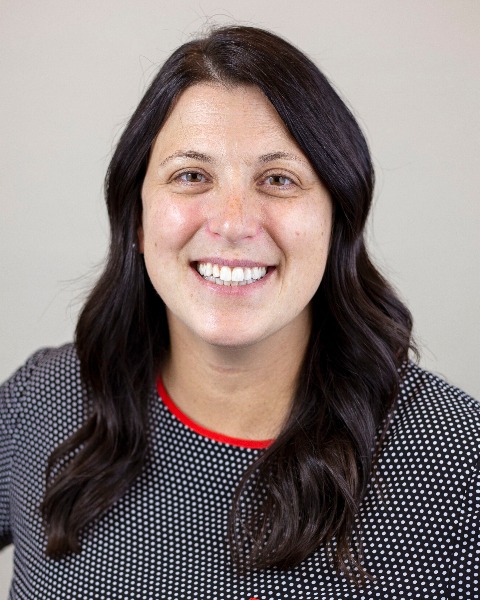
Corinne Bria, MD, MEd
Associate Professor of Pediatrics
Nemours Children's Health - Orlando
Orlando, Florida, United States -
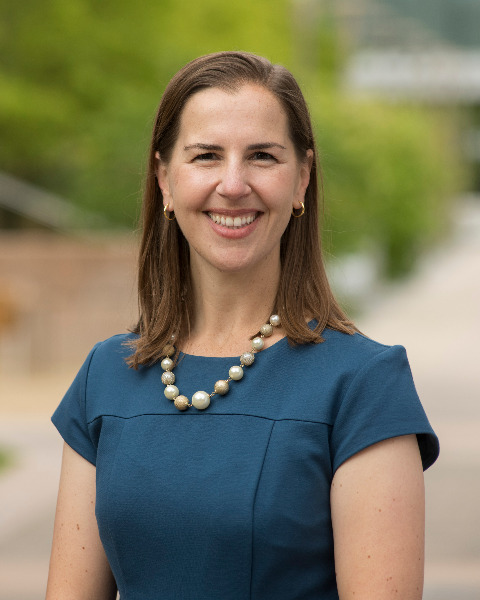
Carrie Rassbach, MD, MA Ed (she/her/hers)
Clinical Professor & Residency Program Director
Pediatrics
Stanford University
Palo Alto, California, United States -
AS
Alison Slone, Md
University of Kentucky, United States
-
MG
Mollie Grow, MD MPH (she/her/hers)
Associate Professor of Pediatrics
University of Washington School of Medicine
Seattle, Washington, United States -
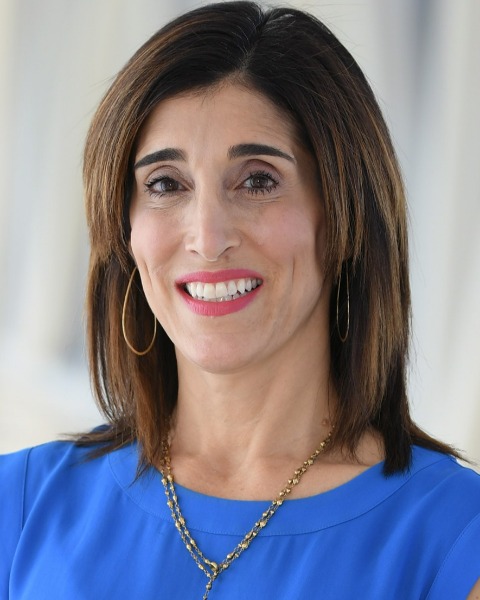
Monique Naifeh, MD MPH (she/her/hers)
Associate Professor
Department of Pediatrics
University of Oklahoma Health Sciences Center
Oklahoma City, Oklahoma, United States
Leader(s)
Co-Leader(s)
Workshop
Description: Coaching is guided by the principle that learning is lifelong and that accurate self-reflection, feedback by an observer, and incremental goal setting are essential to reach one’s maximum potential. Distinct from mentoring or advising programs, longitudinal coaching programs focus on formative clinical skill development and professional growth. This emerging approach is gaining emphasis in health professions education and faculty development. Coaching programs were highlighted as necessary to improve the UME-GME transition, in recommendations put forth by a review committee sponsored by the Coalition for Physician Accountability in 2021.
This workshop will begin with an overview of the current landscape of coaching programs, review how coaching is distinct from mentoring or advising, and explore why coaching is important in health professions education. The majority of the session will be spent in facilitated small and large groups where participants will use a coaching program blueprint to design, build and refine a model for their own coaching program. We will close with a discussion of lessons learned in program building by the workshop authors and provide a Coaching Toolkit to support the ongoing development at one’s home institution.
Learning Objectives:
- Identify the purpose and benefits of coaching in health professions education.
- Examine the main structural components, facilitators and barriers in developing a coaching program.
- Design a coaching program blueprint relevant to your institution.
